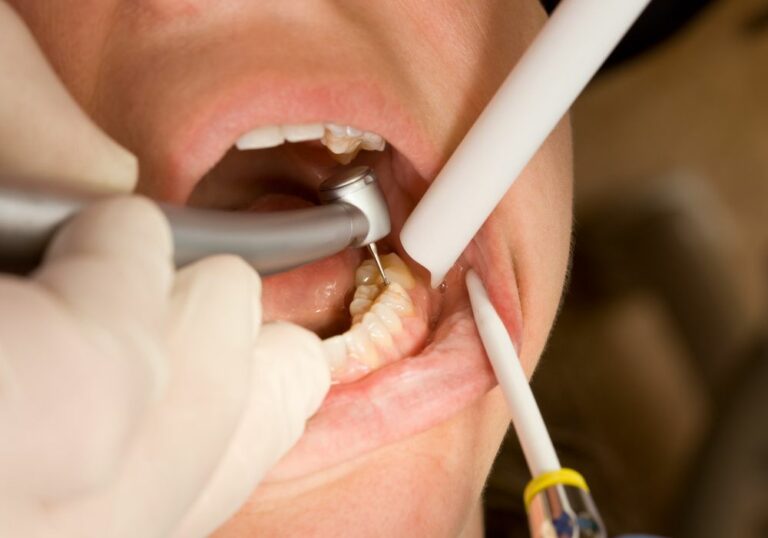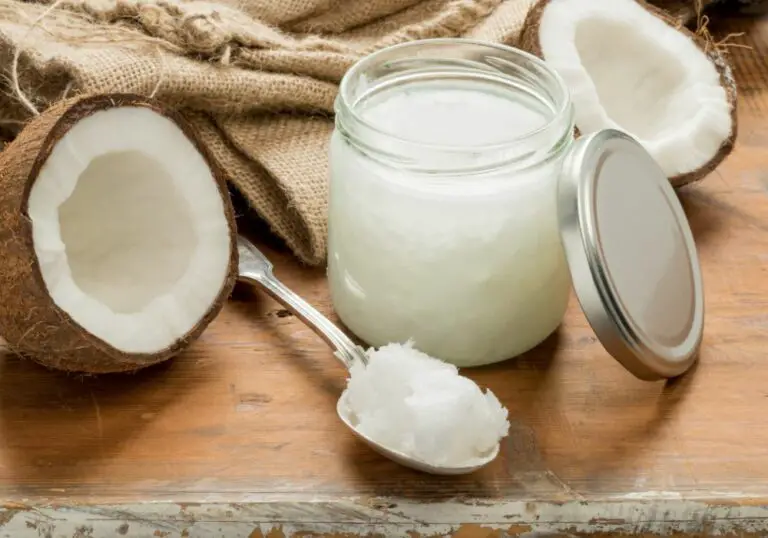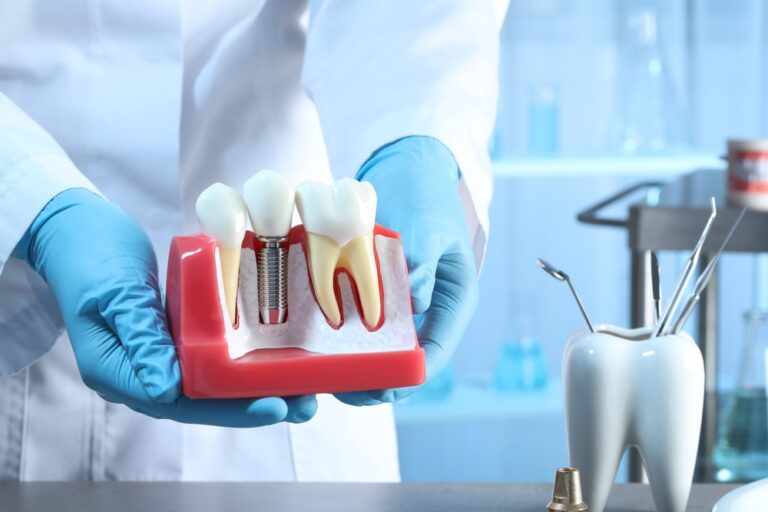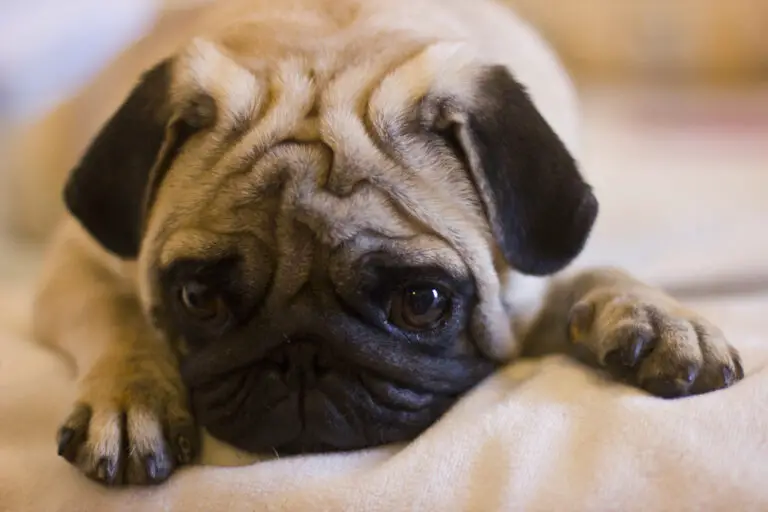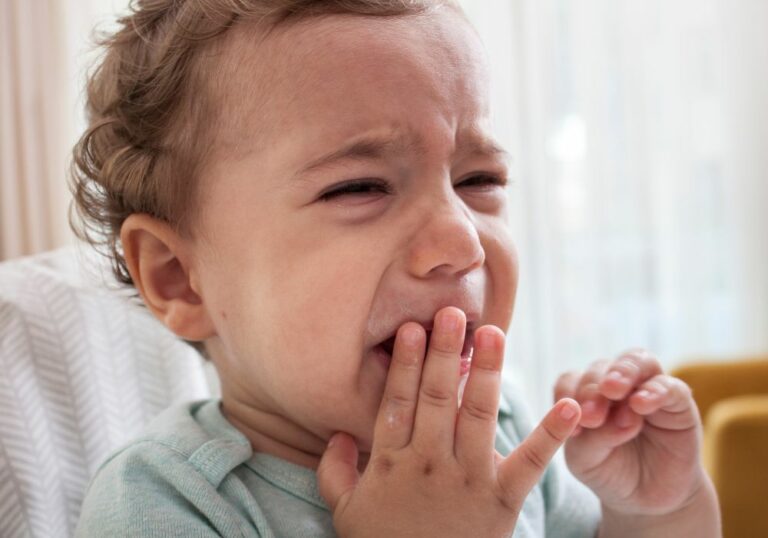If you’re a new parent, you might be wondering how many teeth your baby will have. Baby teeth, also known as primary teeth or deciduous teeth, are the first set of teeth that develop in a child’s mouth. These teeth are important for chewing, speaking, and maintaining proper facial structure.
On average, babies have 20 primary teeth that start to come in around 6 months of age. These teeth will continue to erupt until around age 3, when all 20 primary teeth should be present. The upper jaw (top teeth) and lower jaw (bottom teeth) each have 10 teeth.
It’s important to take care of your baby’s primary teeth, as they serve as placeholders for the permanent teeth that will eventually come in. Neglecting to care for baby teeth can lead to tooth decay, which can cause pain and infection. In this article, we’ll explore the timeline for baby teeth eruption and shedding, as well as tips for proper care.
Understanding Baby Teeth
As a parent, it’s important to understand your child’s dental development. Baby teeth, also known as primary teeth, are the first set of teeth that your child will have. These teeth play an important role in your child’s overall health and development, as they help your child chew food, speak clearly, and maintain proper jaw alignment.
How Many Baby Teeth Does Your Child Have?
Most children have a total of 20 baby teeth, which start to come in at around 6 months of age. These teeth will continue to erupt until your child is about 3 years old.
Here’s a breakdown of the different types of baby teeth and their locations:
| Tooth Type | Location |
|---|---|
| Incisors | Front center of the mouth |
| Canines | Pointed teeth next to the incisors |
| Molars | Back teeth used for grinding food |
When Do Baby Teeth Fall Out?
Baby teeth will start to fall out around the age of 6, making room for permanent teeth to grow in. The order in which baby teeth fall out can vary, but here’s a general timeline:
- Lower front teeth (central incisors) – 6 to 7 years old
- Upper front teeth (central incisors) – 7 to 8 years old
- Lower lateral incisors – 7 to 8 years old
- Upper lateral incisors – 8 to 9 years old
- First molars – 9 to 11 years old
- Canines – 9 to 12 years old
- Second molars – 10 to 12 years old
It’s important to note that these timelines are just general guidelines, and your child’s teeth may fall out earlier or later than these ages.
Caring for Baby Teeth
Proper dental care is important for your child’s baby teeth, as it sets the foundation for healthy permanent teeth. Here are some tips to help keep your child’s baby teeth healthy:
- Brush your child’s teeth twice a day with a fluoride toothpaste
- Floss your child’s teeth once a day
- Limit sugary snacks and drinks
- Schedule regular dental checkups
By understanding your child’s baby teeth and taking proper care of them, you can help ensure that your child develops strong, healthy teeth that will last a lifetime.
Stages of Baby Tooth Development
As a parent, it’s important to know the stages of baby tooth development to ensure proper oral care for your little one. Baby teeth, also known as primary teeth, are essential for a child’s speech development, chewing, and maintaining space for permanent teeth. Here are the three stages of baby tooth development:
Birth to 6 Months
At birth, your baby has a full set of 20 primary teeth, but they are not visible yet. These teeth develop underneath the gums and start to emerge around 6 months of age. The two bottom front teeth, also known as central incisors, are usually the first to appear, followed by the four upper front teeth.
During this stage, it’s important to clean your baby’s gums with a soft, damp cloth after feedings to prevent bacteria buildup. You can also use a teething ring to soothe your baby’s gums as they prepare to erupt.
6 Months to 3 Years
Between 6 months and 3 years of age, your baby’s primary teeth will continue to emerge. By the age of 3, your child should have a full set of 20 primary teeth. During this stage, it’s important to establish a good oral care routine for your child, including brushing their teeth twice a day with a soft-bristled toothbrush and fluoride toothpaste.
It’s also important to monitor your child’s diet and limit sugary and acidic foods and drinks that can cause tooth decay. Regular dental check-ups should begin around the age of 1 to ensure proper oral health.
3 Years to 6 Years
From 3 years to 6 years of age, your child’s primary teeth will start to loosen and fall out to make room for permanent teeth. The first teeth to fall out are usually the bottom front teeth, followed by the top front teeth.
During this stage, it’s important to continue with a good oral care routine and teach your child proper brushing and flossing techniques. You should also encourage your child to eat a healthy diet that includes plenty of fruits, vegetables, and dairy products for strong teeth and bones.
In summary, understanding the stages of baby tooth development is crucial for maintaining your child’s oral health. By establishing good oral care habits early on, you can help ensure a lifetime of healthy teeth and gums.
Count of Baby Teeth
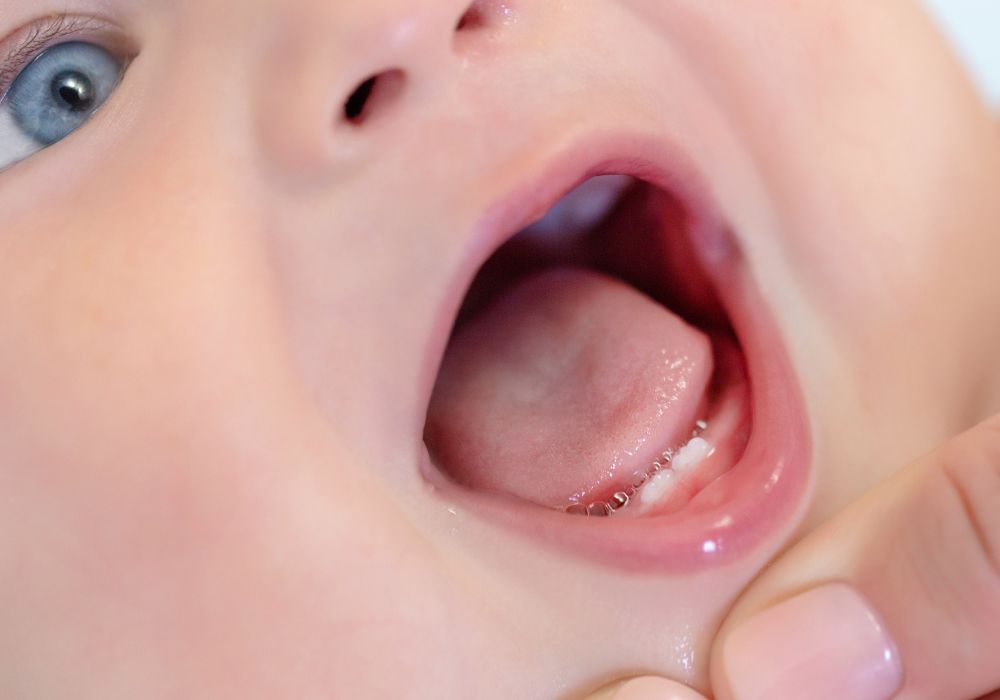
As a new parent, you may be wondering how many baby teeth your little one will have. The answer is 20 primary teeth, also known as deciduous teeth or milk teeth. These teeth will start to come in at around 6 months of age and will continue to erupt until your child is about 3 years old.
Here is a breakdown of the count of baby teeth:
| Type of Tooth | Number |
|---|---|
| Incisors (front teeth) | 8 (4 on top, 4 on bottom) |
| Canines (pointed teeth) | 4 (2 on top, 2 on bottom) |
| Molars (back teeth) | 8 (4 on top, 4 on bottom) |
It’s important to note that the order in which these teeth come in can vary from child to child. However, the general timeline for tooth eruption is as follows:
- Bottom front teeth (lower central incisors): 6-12 months
- Top front teeth (upper central incisors): 8-12 months
- Top lateral incisors (next to central incisors): 9-13 months
- Bottom lateral incisors: 10-16 months
- First molars: 13-19 months
- Canines (cuspid teeth): 16-22 months
- Second molars: 25-33 months
It’s important to take good care of your child’s baby teeth, even though they will eventually fall out. Baby teeth play an important role in helping your child chew, speak, and smile. They also hold the space for the permanent teeth that will eventually replace them. So, make sure to brush your child’s teeth twice a day with a soft-bristled toothbrush and a pea-sized amount of fluoride toothpaste. And don’t forget to schedule regular dental checkups!
Importance of Baby Teeth
Your baby’s first set of teeth, also known as primary teeth or baby teeth, are important for a number of reasons. Here are some of the ways that baby teeth are important:
Speech Development
Baby teeth play a crucial role in speech development. They help your child learn how to form words and speak clearly. Without baby teeth, your child may have difficulty pronouncing certain sounds, which can make it harder for them to communicate effectively.
Nutrition
Baby teeth are also important for proper nutrition. They enable your child to chew and digest food properly, which is essential for their growth and development. If your child has missing or damaged baby teeth, they may have trouble eating certain foods, which can lead to nutritional deficiencies.
Space for Permanent Teeth
Another important function of baby teeth is that they help to save space for your child’s permanent teeth. When baby teeth fall out naturally, they create room for the permanent teeth to come in. If baby teeth are lost too early due to decay or injury, the permanent teeth may not have enough space to grow in properly, which can lead to crowding and other dental problems.
In summary, baby teeth are important for speech development, nutrition, and creating space for permanent teeth. It’s important to take good care of your child’s baby teeth by brushing and flossing regularly and taking them to the dentist for regular check-ups. By doing so, you can help ensure that your child’s teeth stay healthy and strong, which will benefit them for years to come.
Caring for Baby Teeth
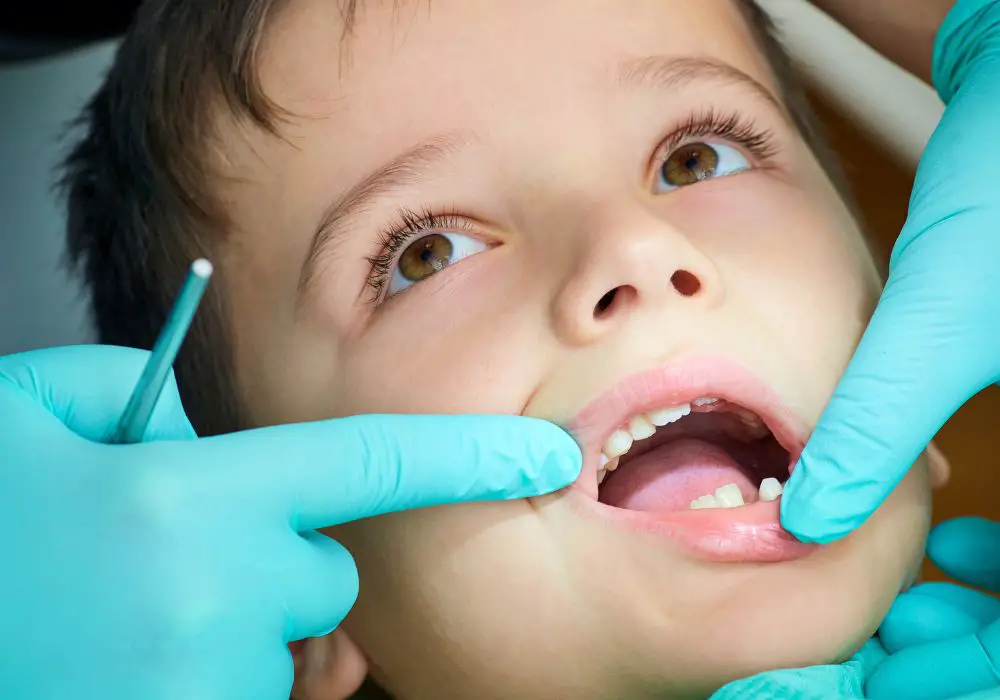
As a parent, it’s important to take good care of your child’s baby teeth. Here are some tips on how to properly care for them:
Proper Brushing Techniques
Brushing your child’s teeth twice a day is important to prevent tooth decay. Here are some tips on how to brush your child’s teeth:
- Use a soft-bristled toothbrush and a pea-sized amount of fluoride toothpaste.
- Brush gently in circular motions, making sure to clean the front, back, and chewing surfaces of all teeth.
- Encourage your child to spit out the toothpaste, but don’t rinse with water as this can wash away the fluoride.
- Help your child brush their teeth until they are old enough to do it themselves, usually around age 6 or 7.
Importance of Regular Checkups
Regular dental checkups are important for your child’s oral health. Your dentist can identify any problems early on and provide treatment if necessary. Here are some things to keep in mind:
- Schedule your child’s first dental visit when their first tooth appears or by their first birthday.
- After that, schedule regular checkups every six months.
- If your child complains of tooth pain or shows signs of tooth decay, such as brown spots on their teeth, schedule an appointment with your dentist right away.
Dealing with Tooth Decay
Tooth decay is common in young children, but it can be prevented. Here are some tips on how to deal with tooth decay:
- Limit sugary foods and drinks, such as candy and soda.
- Encourage your child to drink water instead of sugary drinks.
- If your child does eat sugary foods, make sure they brush their teeth afterward.
- If your child has a cavity, your dentist may recommend a filling or other treatment.
By following these tips, you can help ensure that your child’s baby teeth stay healthy and strong.
When Baby Teeth Fall Out
Typical Age Range
Baby teeth usually start to fall out around the age of 6, but it’s important to remember that this can vary from child to child. Some children may start losing their baby teeth as early as 4 years old, while others may not start until they’re 7 or 8 years old.
What to Expect
When a baby tooth falls out, it’s usually because a permanent tooth is starting to come in. The process of losing a tooth can be a little scary for some children, but it’s important to reassure them that it’s a normal part of growing up.
Here are some things you can expect when your child starts losing their baby teeth:
- The tooth may feel loose for a few days or weeks before it falls out.
- The tooth may bleed a little bit when it comes out.
- Your child may experience some discomfort or pain, but this is usually mild and can be managed with over-the-counter pain medication.
- Your child may be excited to show off their loose tooth to friends and family.
Handling Tooth Loss Anxiety
It’s normal for children to feel a little anxious or nervous about losing their baby teeth. Here are some tips to help your child feel more comfortable:
- Reassure them that losing baby teeth is a normal part of growing up.
- Encourage them to wiggle the tooth gently to help it come out on its own.
- Let them know that it’s okay if they’re not ready to pull the tooth out themselves – you can help them when they’re ready.
- Celebrate the loss of a tooth with a special treat or activity, like a trip to the ice cream shop or a movie night at home.
Remember, losing baby teeth is a normal and exciting part of childhood. By understanding what to expect and how to handle any anxiety your child may have, you can help make the process as smooth and stress-free as possible.
Frequently Asked Questions
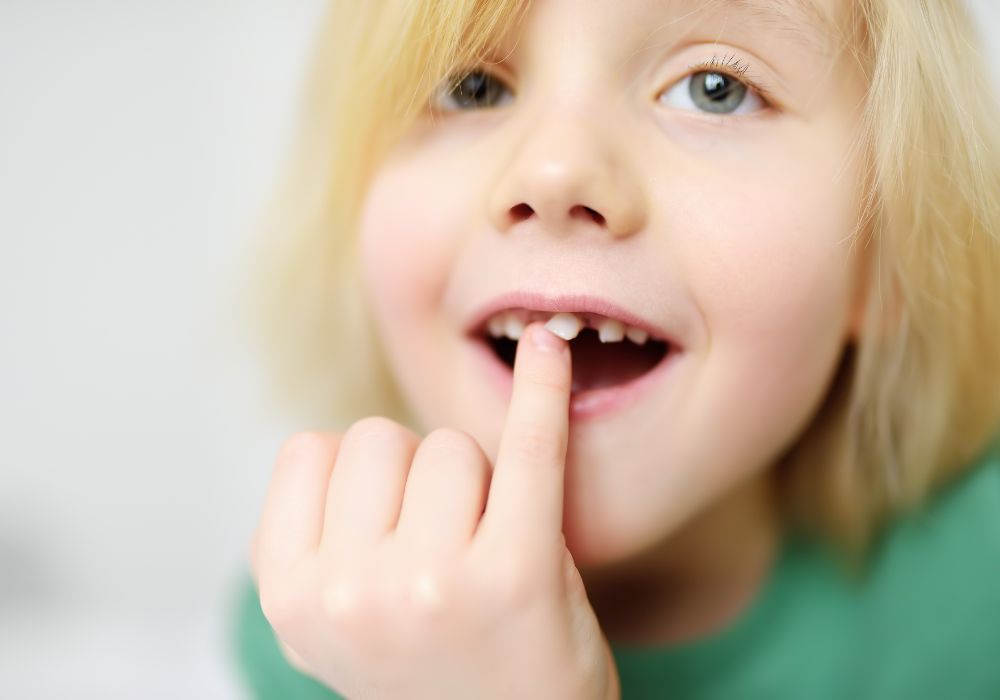
What is the typical number of baby teeth for a child?
A child usually has 20 baby teeth, also known as primary teeth. These teeth start to come through at about 6 months of age and should all be present in the mouth by the age of 3.
How many baby teeth will fall out before permanent teeth come in?
A child will typically lose 20 baby teeth before their permanent teeth come in.
How long does it take for a baby tooth to fall out?
It can take a few weeks or even months for a baby tooth to fall out once it becomes loose. It is important to let the tooth fall out on its own to avoid damaging the surrounding teeth and gums.
At what age do baby teeth typically start falling out?
Baby teeth usually start to fall out around the age of 6, but this can vary. Some children may start losing teeth as early as 4 years old, while others may not lose their first tooth until they are 7 or 8 years old.
What is the difference between baby teeth and permanent teeth?
Baby teeth are smaller and whiter than permanent teeth. They are also not as strong and are more prone to decay. Permanent teeth are larger and stronger, and are designed to last a lifetime.
How can I help my child with teething pain?
Teething can be a painful and uncomfortable experience for babies and children. You can help ease their discomfort by giving them something cold to chew on, such as a chilled teething ring or a damp washcloth. You can also massage their gums with a clean finger or offer them a pain reliever recommended by their pediatrician.

